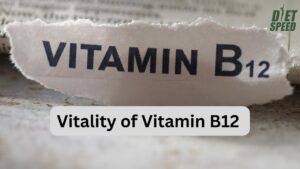Fatty Liver Disease:
Fatty liver disease is a growing concern globally, affecting a significant portion of the population. It’s often associated with obesity, diabetes, and high cholesterol levels. Left unmanaged, it can progress to liver inflammation, cirrhosis, and even liver failure. A mindful approach to nutrition can play a crucial role in managing fatty liver disease and improving liver health.
Dietary Tips for Fatty Liver Disease
- Incorporate Liver-Friendly Foods: Include foods that support liver health, such as leafy greens, berries, and nuts. These foods are rich in compounds that aid in detoxification and liver function.
- Minimize Alcohol Consumption: Alcohol can exacerbate liver damage. It’s advisable to reduce or eliminate alcohol to prevent further harm to your liver.
- Opt for Whole Grains and Fiber: Choose whole grains like brown rice, quinoa, and oats. High-fiber foods help improve insulin sensitivity and reduce fat accumulation in the liver.
- Control Portion Sizes: Overeating, even healthy foods, can contribute to weight gain and fat buildup in the liver. Be mindful of portion sizes to maintain a healthy weight.
Foods to Avoid
- Saturated and Trans Fats: Limit intake of saturated fats found in red meat and full-fat dairy products. Trans fats, often in processed snacks and baked goods, are also harmful to liver health.
- Excess Sugar: High sugar intake, particularly fructose, can increase liver fat. Avoid sugary drinks and sweets.
- Refined Carbohydrates: Foods like white bread and pasta can lead to weight gain and worsen fatty liver. Stick to whole grain alternatives.
- Fried and Fast Foods: These are typically high in calories and unhealthy fats that can contribute to liver fat
Managing fatty liver disease requires consistent dietary changes and lifestyle adjustments. It’s essential to work with a healthcare provider to develop a plan tailored to your condition. By making informed choices and prioritizing liver health, you can manage fatty liver disease effectively and enhance your overall well-being. For personalized advice and a diet plan, please consult with our hepatology dietician. I hope this blog meets your expectations and provides a clear and informative guide on managing fatty liver disease. If you need further adjustments or additional information, feel free to ask!


